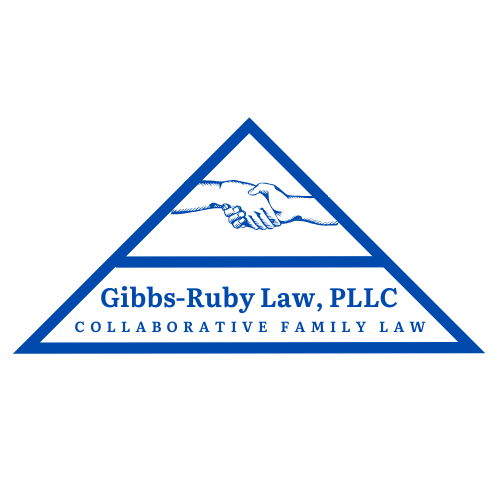Mediation & Arbitration
Mediation describes a consensual dispute resolution process in which the parties meet with a trained Mediator to resolve disputes. Mediation can take different forms:
– Parties with no attorneys / All meet in same room
– Parties with no attorneys / Mediator “shuttles” between clients in separate rooms
– Parties with attorneys / Same room
– Parties with attorneys / Different rooms
Both King County and Snohomish County Superior Courts require that parties to a lawsuit participate in mediation before trial. Often the requirement is that the mediation be accomplished at least three weeks before the scheduled trial date. Sometimes a lawsuit has not yet been filed but a dispute arises and the parties want to meet to see if the conflict can be resolved without court action.
Mediation can be highly constructive for couples and families seeking to resolve their disputes and plan for the future without litigation. With a mediator facilitating the process, clients work through the financial problems and the parenting questions at the pace and in the manner with which they feel most comfortable. They are the ones who drive the process and who determine their own solutions, albeit with guidance in whatever amount is needed. A mediator, if authorized by the clients (in Washington State a mediator who is a lawyer cannot prepare the final pleadings if the parties are not represented by an attorney), can draft the pleadings that will be needed to finalize all agreements that are reached. Another option is to have the mediator prepare a Memorandum of Understanding and have the attorneys of the parties prepare the final pleadings.
A mediator is neutral, and while they may share their understanding of the law and provide you links to resources that will help you get the information you need to make decisions, mediators cannot and do not give legal advice to either party, other than to say that each party should seek independent legal counsel to answer legal questions that may arise during the mediation.
Mediators are NOT decision makers. The job of the Mediator is to work with the clients to resolve disputes. In the event that an agreement cannot be reached on some or all of the issues that the parties brought to the mediation the parties may, but are not required to, decide that the Mediator shall serve as the decision-maker on the issues agreed to by the parties.
In this scenario the decision-maker is called an Arbitrator. In the State of Washington, with one exception, an Arbitrator can make decisions on all issues related to a conflict. The only exception relates to decisions relating to non-financial child-related issues. While the Arbitrator can make binding decisions on all other issues that have limited options for court review, an Arbitrator’s decision on parenting plan issues is not binding. The law in the State of Washington is that only the courts have jurisdiction to decide parenting issues. As a result, while an Arbitrator can decide a parenting issue, either party is free to seek review of that decision with the Superior Court in which the case is being heard.
